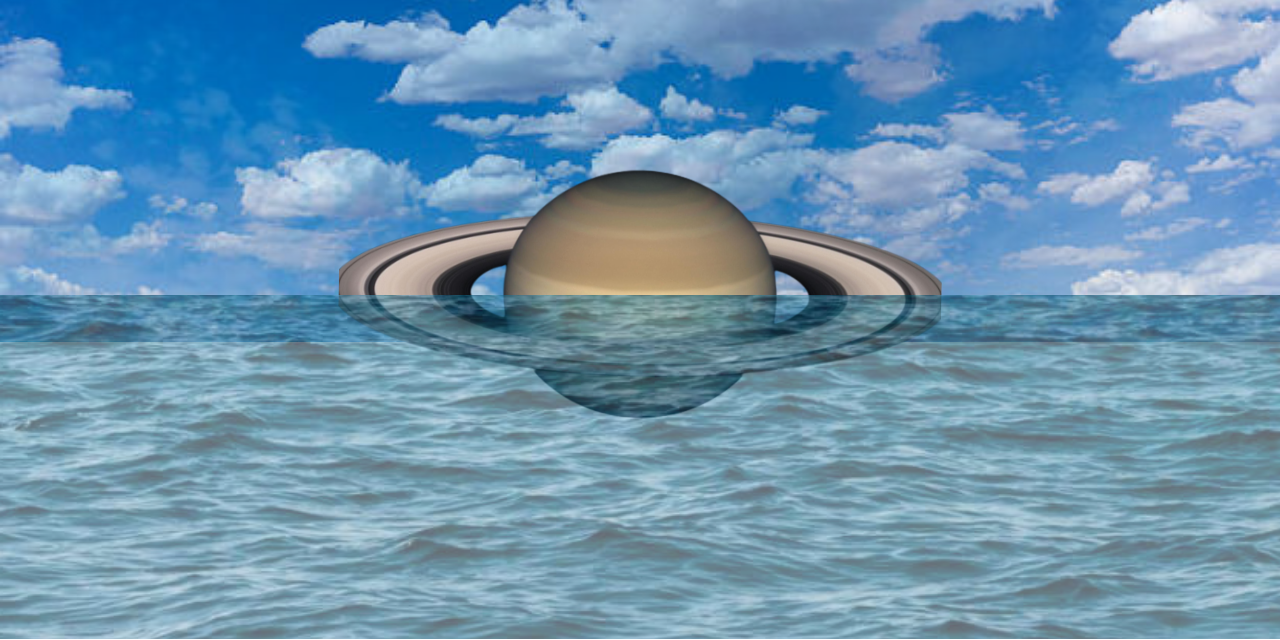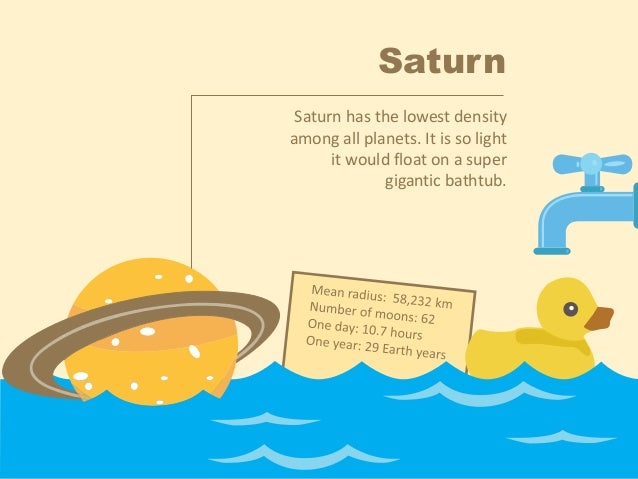Saturn the planet with the lowest density is lighter than water and would float

Saturn, the Planet with the Lowest Density, is Lighter than Water and Would Float

Saturn, the sixth planet from the Sun in our solar system, is known for its stunning rings and remarkable appearance. It is often referred to as the “ringed planet,” and its beauty has captured the imagination of astronomers and space enthusiasts alike. But did you know that Saturn is not just visually captivating, but it also has a fascinating physical property? With a density lower than that of water, Saturn is lighter than water and would actually float if it were placed in a giant cosmic bathtub.
The density of a celestial body refers to the mass per unit volume. In simpler terms, it determines how heavy an object is compared to its size. For Saturn, its density is remarkably low, making it the least dense planet in our solar system. According to scientific measurements, Saturn’s density is about 0.687 grams per cubic centimeter, which is less than the density of water, around 1 gram per cubic centimeter. This intriguing fact means that if there was a body of water large enough to accommodate Saturn, the planet would indeed float on it.
But how is it possible for such a massive planet to be less dense than water? The answer lies in its unique composition. Saturn is primarily composed of hydrogen and helium gases, making it a gas giant. Its core is believed to be made up of rock and metal, but the majority of its volume is occupied by layers of gas. This combination of gases and low-density materials contributes to its overall lightweight nature.

The low density of Saturn has profound implications for its physical characteristics. Despite its enormous size, it has a much lower mass compared to other planets like Earth or Jupiter. In fact, if we were to find a water body big enough to hold Saturn, it would only submerge slightly, with most of its bulk protruding above the surface. It would undoubtedly be a surreal sight to witness a giant planet like Saturn floating serenely on water.
This scientific fact not only showcases the extraordinary diversity of celestial bodies in our solar system but also highlights the wonders of physics and the intricate nature of the universe that surrounds us. Saturn’s remarkably low density sets it apart from all other planets and makes it an object of fascination and study for astronomers and scientists. By unraveling the secrets of Saturn, we gain a deeper understanding of the complexities of our vast cosmos.
In conclusion, Saturn’s unique physical characteristics make it a truly remarkable planet. With a density lower than water, it defies our expectations and would actually float if placed in a giant body of water. This captivating fact reminds us that the universe is full of surprises and wonders, waiting to be discovered and explored.
Source: Universetoday.com
Related Posts
Quick Links
Legal Stuff

